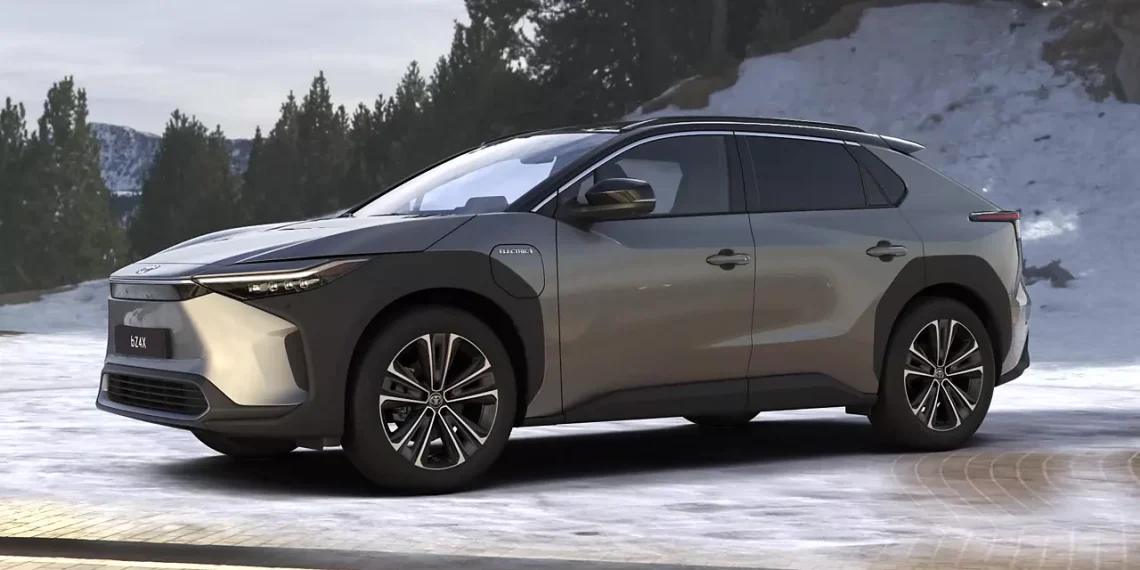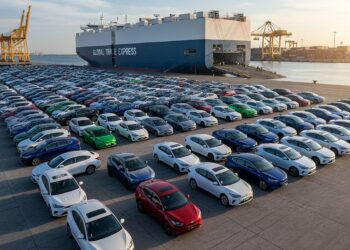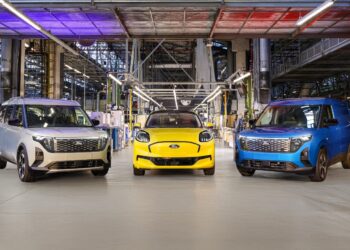n the latest sign that automakers are rethinking their electric vehicle (EV) timelines, Toyota has pushed back its U.S. EV production start date from 2025 to mid-2026. The move mirrors delays seen across the industry, with manufacturers like Bentley, Ford, Mercedes-Benz, and Volvo also cooling their electrification ambitions as market enthusiasm for EVs wanes.
Toyota, which had once been bullish about ramping up its EV plans, now finds itself recalibrating in response to industry trends and market conditions. “We’re still focused on our global [battery electric vehicle] target of 1.5 million vehicles by 2026,” said Toyota spokesperson Scott Vazin, speaking to the BBC. Despite the delay, the automaker remains committed to producing between five and seven battery electric vehicles (BEVs) in the U.S. over the next few years.
The company has made significant investments in U.S. EV production. Toyota has earmarked $1.3 billion for its Georgetown Assembly Plant in Kentucky, where it plans to produce an electric three-row SUV. The automaker has also invested another $1.3 billion in North Carolina for lithium-ion battery production and $1.4 billion at its Princeton, Indiana facility for EV production. While the three-row SUV remains part of Toyota’s EV lineup, its production has simply been pushed back due to a combination of market factors and design updates, which suppliers must now adapt to.
Notably, Toyota’s luxury brand Lexus has also revised its plans. A previously planned three-row Lexus EV, initially scheduled for U.S. production by 2030, will now likely be manufactured in Japan and imported to the American market, signaling a broader shift in Toyota’s production strategy.
As the EV market faces growing headwinds, with slower-than-anticipated consumer adoption and supply chain issues, Toyota’s delay is part of a wider industry trend of automakers cautiously adjusting their electrification goals.










